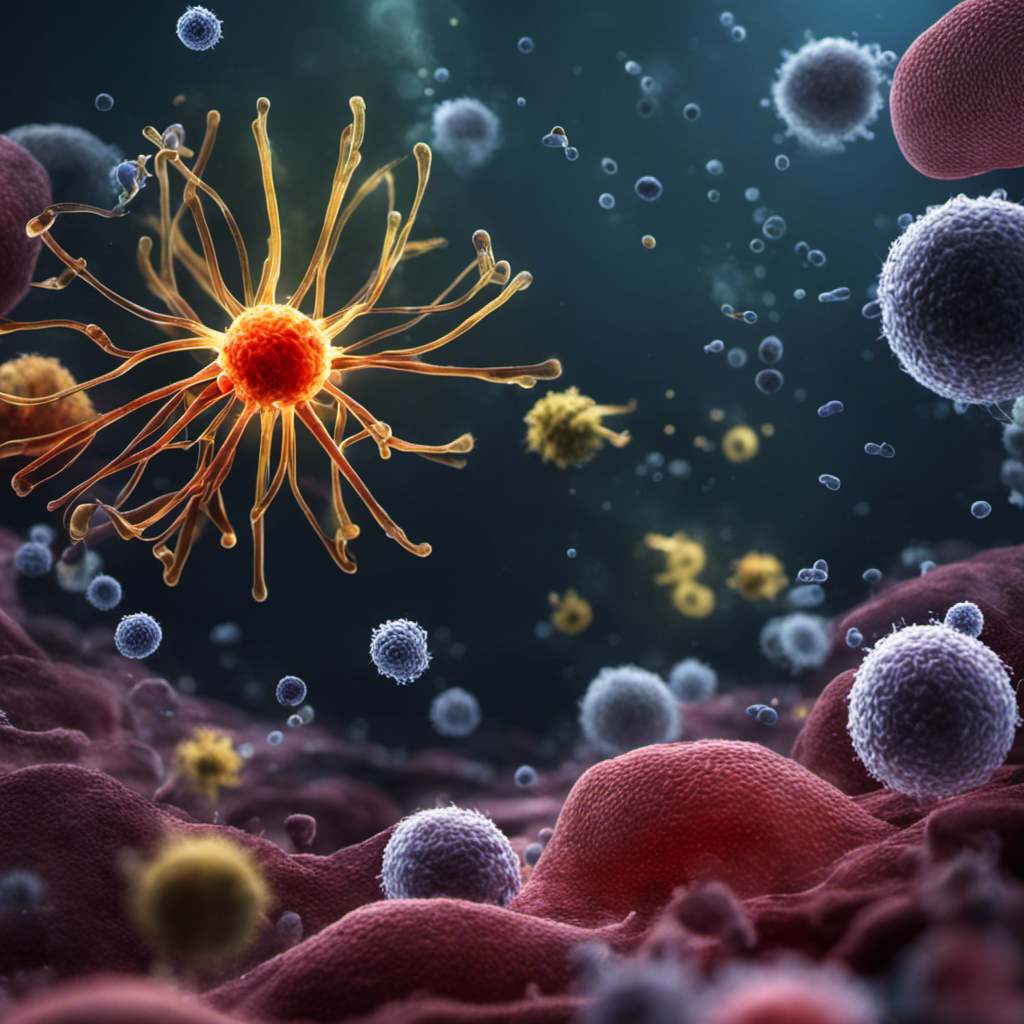
There is a long-standing debate in biology about the relative importance of existing variation versus new mutations in evolution. Now, this has been put to the test in an experiment with bacteria that ran for 2000 generations – and new mutations quickly won out.
After 500 generations, the pre-existing variation no longer mattered, and all further evolution was due to new mutations, says Minako Izutsu at Michigan State University.
“Five hundred generations in our experiment are 75 days. It’s really short,” says Izutsu. “I thought the effects of standing variation would last longer.”
Mutations in the genomes of organisms provide the variation on which natural selection can act – that is something biologists agree on. What they have long argued about is whether evolution acts mainly on past mutations or has to hang around waiting for new mutations, and to what extent evolution can be shaped by chance mutations.
Evolution experiments involving plants and animals typically start with a diverse population and run for only a few generations, so the changes seen depend on standing – that is, pre-existing – variation, says Richard Lenski, also at Michigan State University, the study’s co-author.
By contrast, experiments with bacteria normally start with genetically identical bacteria, says Lenski, and so the evolution seen is entirely due to new mutations.
Izutsu and Lenski set up 72 populations of Escherichia coli bacteria, ranging from genetically identical ones to highly diverse ones. All the bacteria were taken from the Long-term Experimental Evolution Project that Lenski started in 1988, which he is now handing over to another group after running it for 75,000 generations.
The 72 populations of bacteria, which had been fed on glucose, were fed another nutrient (D-serine) to force them to adapt to a new environment.
“The genetic variation that was there to start with really mattered early in the experiment, maybe for the first 50 to 100 generations,” says Lenski. But by 500 generations, the starting variation no longer mattered at all (bioRxiv, doi.org/hzr4).
“It was a bit surprising, to me at least,” says Lenski.
“The results provide pretty compelling evidence that standing variation contributed to very early stages of evolution in these bacteria, but that long-term adaptation appears to require new mutations,” says David Stern at the Howard Hughes Medical Institute in Virginia.
What is less clear is whether this also applies to sexually reproducing organisms. Stern thinks long-term evolution
in animals and plants is also dominated by new mutations, but says he has long arguments with colleagues who think standing variation dominates.
“We simply don’t have the right kind of data at the moment to settle this question,” he says.
